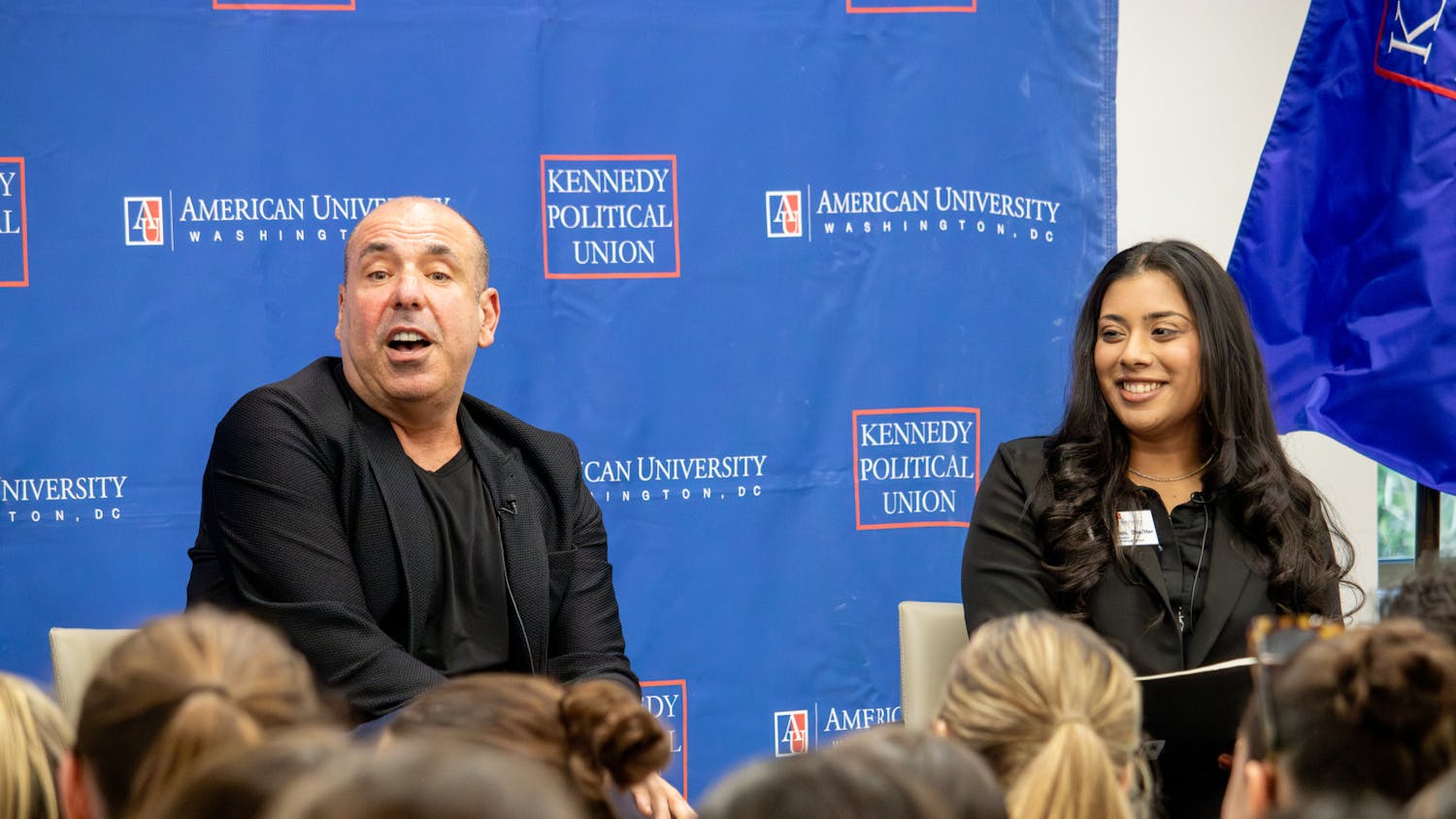TV screenwriter and producer Morgan Gendel, known for work including fan-favorite episodes of “Star Trek: The Next Generation and “Law and Order,” spoke to Professor John Douglass’s film students about his experiences in the television industry and advice for a career in Hollywood on Oct. 30.
He emphasized a non-conventional, emotionally packed approach to screenwriting, teaching that emotional elements separate good fiction from bad.
"The last thing you want a viewer to be doing is just be sitting there,” Gendel said.
Though his lecture covered emotion-packed screenwriting from several angles, he said one of the most crucial ways to ensure a work has emotional oomph is with an element Gendel calls the "nugget.”
The nugget, Gendel explained, is something clever and specific, such as a character conflict or struggle, which makes a story come together with emotional impact. In “Star Wars,” it’s Luke Skywalker’s struggle to reverse the sins of his father and save the galaxy. In “Groundhog Day”, it’s Bill Murray’s inner fight to win over Andie MacDowell’s character by overcoming his terrible temper.
Gendel also underscored the need for mystery to keep a good story afloat. He said a good writer doesn’t explain everything, and that informing a viewer too much risks ruining everything. He highlighted the revelation of “midi-chlorians” as the microorganisms behind the Force in “Star Wars Episode 1: The Phantom Menace” as an example of what not to do.
Speaking on his career, Gendel, who began his career as a freelance screenwriter, said today’s Hollywood is more freelancer-friendly than ever. However, he urged students to write material that would set them apart from the rest.
“I wouldn't aspire to getting hired,” Gendel said. “I think we're in this golden window of opportunity where you can write and do what you want. I really urge you to just be good writers. You have plenty of time to decide, 'Well, how do I tilt my skill set to get hired?’"
As for which jobs to reach for when the time came, Gendel told students to accept anything as a stepping stone to a higher position, though he still offered his opinions on what TV’s top jobs are.
“One is the showrunner, that's a job so awesome; they created a new name just to describe it,” Gendel said. “I think they should've just called it 'king' - if you want to be the kind of showrunner who's schmoozing the costume girl and talking to the transportation guys about cars, you can do that - as long as the show keeps doing well.”
The second is story editor, a post with the perfect combination of power and leisure.
“They pay you just to show up,” Gendel said, “and if you can keep your head down, nobody ever points their finger at you."
Gendel closed by advising students to start writing as much as possible and to talk to others in the industry.
“I think you can be good by studying and being there for those opportunities, he said. “There's no secret way to do it, you just have to be in Hollywood and meeting people."




